This year, many marketers are wondering how to take advantage of the latest technological advances to better resonate with their audience. Is this possible? Where the human appeared as an essential link in this type of strategy, the latest advances call into question many achievements!
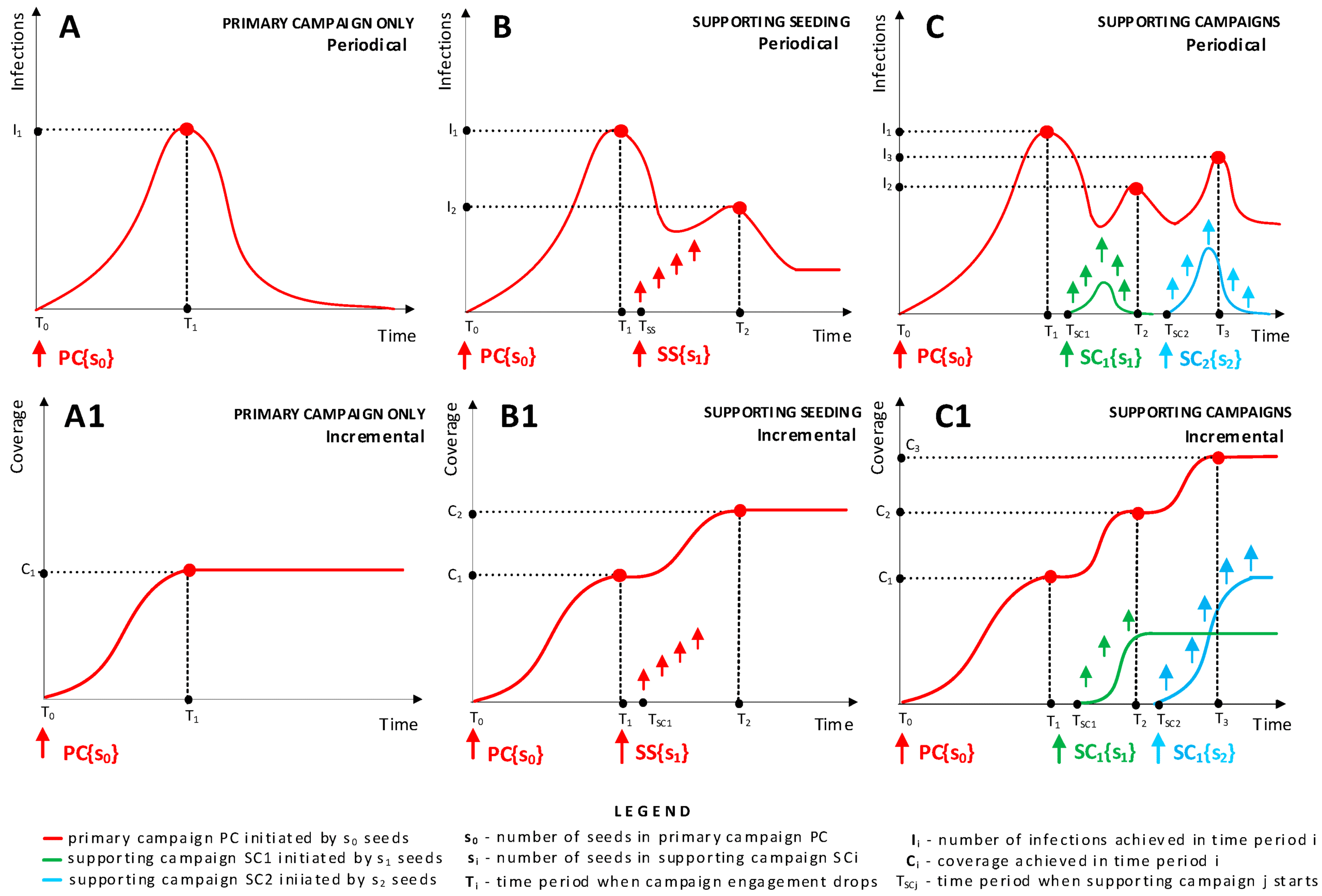
This study examines the effectiveness of viral marketing and support campaigns aimed at increasing user engagement and overall campaign performance, while avoiding intrusive or overly persuasive techniques, and shows that integrating supportive actions can increase the effectiveness of less successful campaigns.
Viral marketing, a communication discipline that relies on the snowball effect of content sharing by Internet users, is constantly changing. This golden niche of web marketing is made by experts who understand the essence of your product, market, and target.
Today, the emergence of sophisticated technologies, especially artificial intelligence (AI), serves as a catalyst for this evolution. Indeed, AI has extraordinary potential to transform and optimize viral marketing campaigns. It is therefore essential to understand how AI can be integrated into advanced web marketing strategies, SEO, and how it can maximize the impact and reach of your message.
At the heart of AI are machine learning algorithms that allow a machine to learn from data and improve its performance over time. This means that as AI analyzes your campaign data, it can continually adapt, learn, and improve to make your campaigns even more effective. This is a revolution for viral marketing.
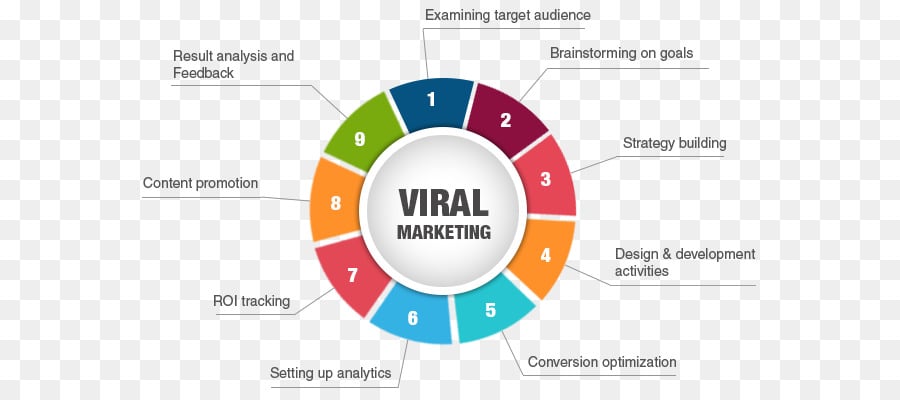
Implementation of AI in Operational Marketing
As an agency, or responsible for marketing or communications of a company, an example is needed. Let’s say you launch a campaign for a new skin care product. You could use an AI algorithm to analyze social media data and understand which product features are most appealing to your target audience. AI could also identify the best channels to share your content, and even the best time to do so in order to get the greatest possible reach.
AI can also help personalize your campaign messages for different audience segments. For example, AI can analyze consumer behaviors and preferences to personalize messages based on age, gender, geographic location, interests, and more. In other words, your campaign will not only be more targeted, but also more relevant to each individual, which will increase the chances of sharing and, consequently, the virality of your campaign.
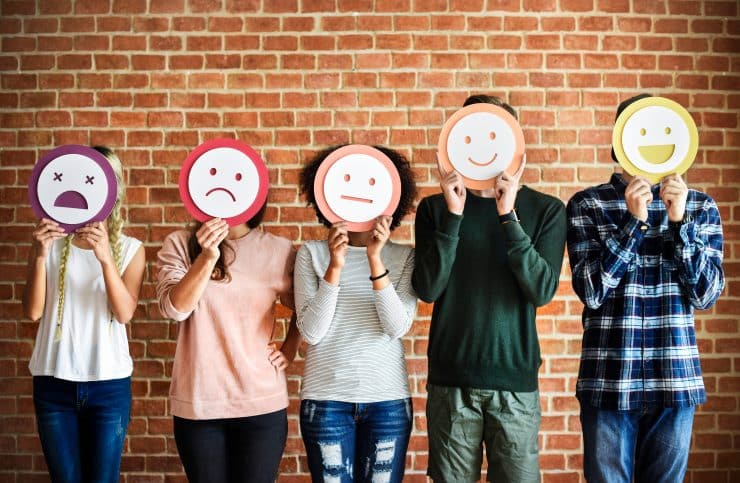
AI for Optimized Personalization
Another point: segmentation, on everyone’s lips! Personalization is essential to engage your audience, as you well know. AI can speed up and optimize this process by quickly and efficiently analyzing your audience’s online behaviors, preferences, and interests. Artificial intelligence can help you segment your campaigns and tailor your content in a much more precise and targeted way. This boosts engagement and increases the chances of your campaigns going viral.
Not enough? Let’s take a concrete example: a fashion company launches a new clothing line and wants to promote it. Thanks to AI, this company can collect and analyze a massive amount of data about its customers: what are their favorite pieces in previous collections, what colors they prefer, what types of clothes they are most looking for, etc.
With this information, AI can help segment the company’s audience into different groups based on their preferences and behaviors. For example, one group may be made up of customers who prefer sportswear, while another group may be more interested in formal clothing.
Thus, the company can adapt its marketing content for each specific group. For the group of customers who prefer sportswear, the campaign can focus on promoting the new sportswear in the collection. For the group that prefers formal clothing, the campaign can highlight the new evening wear.
AI to understand and express Empathy?
So there… We enter a truly emotional and human dimension. And for! Empathy can be facilitated by AI. Through sentiment analysis, AI can help understand your audience’s emotions and feelings. This allows your brand to respond more authentically and empathetically to your customers’ needs. By sharing success stories and personalized testimonials, AI can help make your audience feel that your brand truly understands their challenges and is there to support them.
The Surprise Effect
Are you really surprised? Artificial intelligence can also contribute to the element of surprise. For example, by analyzing your audience’s trends and preferences, AI can help identify opportunities for unexpected campaigns, special offers, or collaborations with influencers. This can stimulate your audience’s interest and enthusiasm and entice them to share your content.
Managing Negative Emotions
Moderating or producing content in response to user or customer issues can put us to the test. As we well know, responding or reacting to negative or hurtful comments can impact our own quality of life, as a human. But not AI! It can also help navigate negative emotions effectively. AI systems can be programmed to detect negative emotion signals and react appropriately, offering solutions or positive outcomes. Using AI wisely can turn negative emotions into positive actions, increasing the virality of your campaigns.
Optimizing Social Media Engagement
Another obvious example! AI can also be a valuable tool to maximize your presence and engagement on social networks, and above all, respond to the negative without being affected, and always with the right dose of detachment. For example, AI algorithms can analyze social media data to determine the best time to post, the type of content that resonates most with your audience, and even predict viral trends. In addition, AI can automate certain tasks, such as scheduling posts or managing interactions, freeing up time for more strategic activities.
BlackcatSEO is involved in the use of AI tools, in collaboration with human coaching, to increase relevance and reduce costs. Artificial intelligence can add significant value to your viral marketing strategies, improving personalization, expressing empathy, creating surprise, managing negative emotions and optimizing social media engagement.


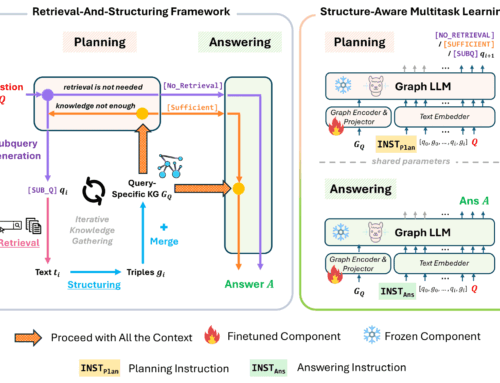


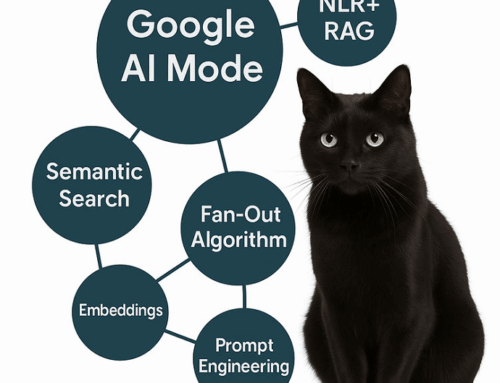

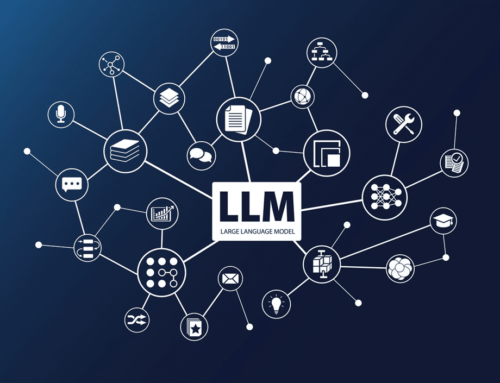


Leave A Comment